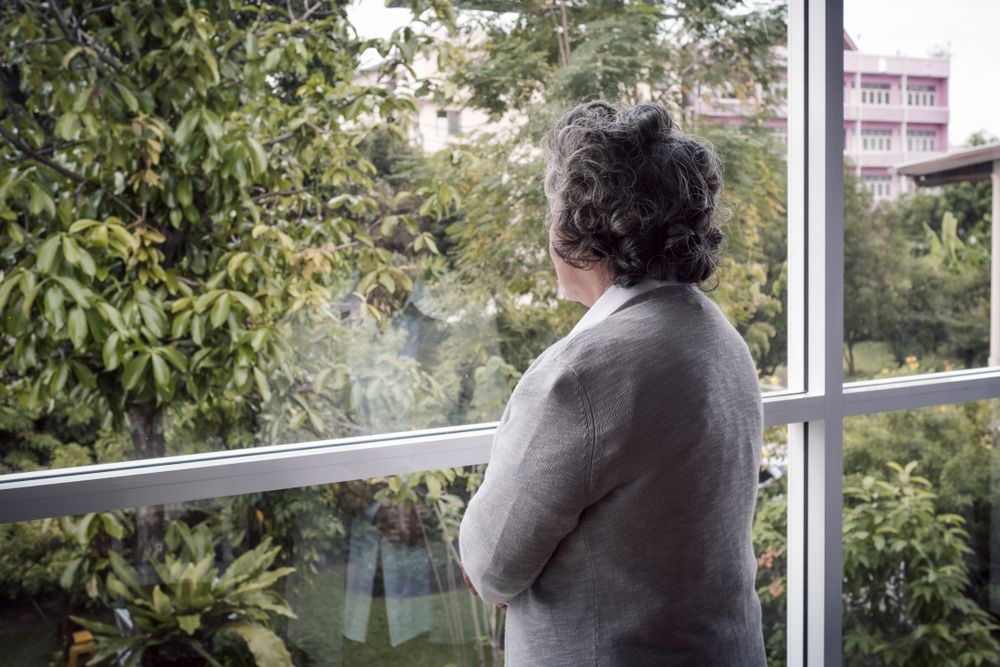Friends aren’t just a nice bonus in life – they’re a key ingredient to our happiness and wellbeing.
While it’s not uncommon for some couples to spend all their time together in the early stages, neglecting friendships outside your romantic relationship can be unhealthy – and even dangerous.
If your partner doesn’t like you spending time with other people, this can be a sign of control and abuse.
We explore how maintaining friendships outside of your relationship can benefit both you and your relationship.
Improved Sense of Self
Your relationship should be just one part of a full and happy life – not your whole world.
Losing your friends can lead to losing yourself. Spending all your time with your partner can leave you socially isolated and codependent.
You might feel yourself getting ‘lost’ in the relationship, not knowing where you end and your partner begins. This can damage your sense of self and your self-worth.
Friendships can help you maintain your individual sense of identity and improve your self-esteem and self-compassion. They can also provide a fun and relaxing outlet unique to the dynamic in your relationship.
Better Mental and Physical Health
Years of mounting research shows our friendships help us live happier, healthier, and even longer lives.
Meanwhile, the health risks of loneliness are as bad as smoking 15 cigarettes a day, and even greater than the those associated with obesity.
Strong social connections have been found to:
- Create a sense of belonging and purpose
- Increase feelings of happiness and life satisfaction
- Reduce our risk of heart disease, dementia, and other chronic diseases
- Reduce our risk of mental health conditions like depression and anxiety.
Trustworthy Relationship Advice
All relationships need support from time to time, and it’s important you have someone to confide in who can provide an outside perspective.
Friends can offer a listening ear when we need advice about our relationship – or simply a safe outlet to vent.
Your friends have your best interests at heart and can often provide a different point of view on your relationship issues. This can be especially helpful if your feelings tend to cloud your judgement when it comes to your partner.
Insights from your friends can even help make you a better partner in your relationship as they can help increase your self-awareness and empathy.
Healthier Relationship
You can’t get everything you need from one person.
It’s unrealistic – and unfair – to expect your partner to be your entire emotional support system.
And it’s unhealthy for your partner to expect you to neglect your friendships for them. In fact, isolating you from your loved ones is a form of coercive control, a type of domestic abuse.
In a healthy and secure relationship, both partners will encourage each other to maintain their hobbies, social connections, and independence. The relationship benefits when both partners can thrive as individuals and respect each other’s right to do the same.
If you need some support to get to this point in your relationship, speaking to a professional counsellor can help. We can help you address underlying issues as a couple or on your own.
You can call 1300 364 277 to make an appointment or learn more about our counselling services here.
Knowing your attachment style can help you better understand your behaviours in relationships. We explore in our blog post How Your Attachment Style Can Impact Your Relationship.




